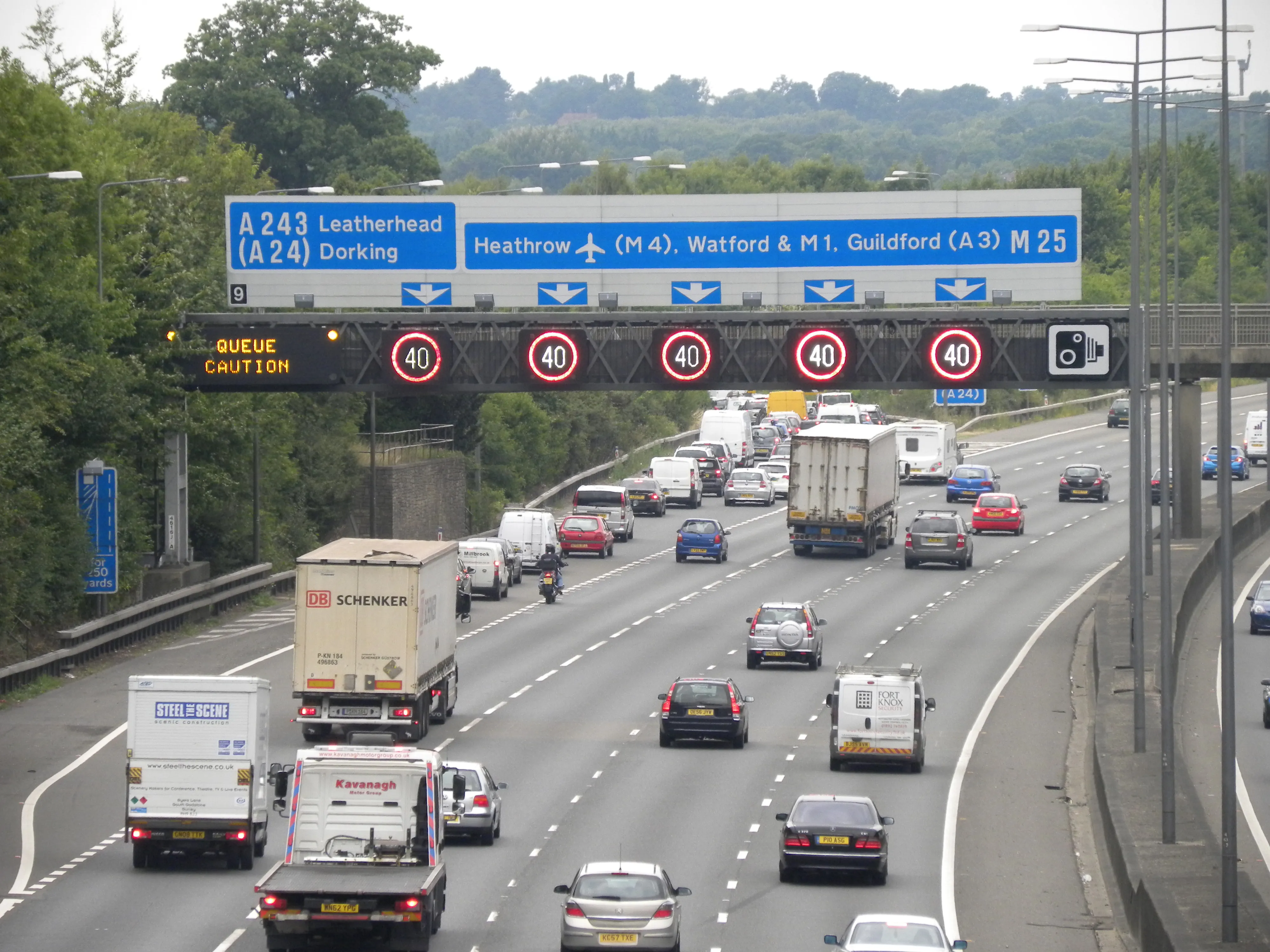Engineering and technology must remain a long-term priority for the UK Government, the Institution of Engineering and Technology (IET) has said in response to Chancellor’s Autumn Statement.
Among Tory Chancellor George Osborne’s many eye-catching announcements in yesterday’s key Autumn Statement were the pledge of a US$613.45 billion [£375 billion] investment in energy, transport, communications, and water projects; £40 million [$65.43 million] funding for 20,000 more Higher Apprenticeships; the scrapping
December 6, 2013
Read time: 2 mins
Engineering and technology must remain a long-term priority for the UK Government, the Institution of Engineering and Technology (IET) has said in response to Chancellor’s Autumn Statement.
Among Tory Chancellor George Osborne’s many eye-catching announcements in yesterday’s key Autumn Statement were the pledge of a US$613.45 billion [£375 billion] investment in energy, transport, communications, and water projects; £40 million [$65.43 million] funding for 20,000 more Higher Apprenticeships; the scrapping of car tax discs replaced by electronic vehicle excise duty system; and the axing of next year's planned 2p-a-litre fuel tax rise.
“Science, engineering and technology have fared well in the Autumn Statement. This shows that the issue is high on the Government agenda and recognises the importance these fields have to the British economy. But we must ensure that they remain there for years to come as the skills gap is a challenge that won’t go away overnight,” said Paul Davies, head of policy at IET, whose organisation supporting engineers and technicians is made up of nearly 160,000 members in 127 countries around the world, making it one of the biggest of its kind.
He continued, “The Government must not be complacent and will need to monitor that the extra funding for teaching science, technology and engineering, and the increase in Apprenticeships, translates into talented, qualified and skilled engineers who can fill the critical skills shortage that we face in the industry today.”
“The announcement of £40 million [$65.43 million] funding for 20,000 more Higher Apprenticeships is particularly welcome news but reforms of Apprenticeships must include mechanisms to ensure SMEs – the lifeblood of the economy – are not priced out of the market.”
Davies stressed how engineering and technology organisations like the IET will continue to play their role in tackling the skills shortage. “For example, our scholarships this year have provided over £1 million [$1.63 million] to celebrate excellence and research and encourage the next generation of engineers,” he added.
Among Tory Chancellor George Osborne’s many eye-catching announcements in yesterday’s key Autumn Statement were the pledge of a US$613.45 billion [£375 billion] investment in energy, transport, communications, and water projects; £40 million [$65.43 million] funding for 20,000 more Higher Apprenticeships; the scrapping of car tax discs replaced by electronic vehicle excise duty system; and the axing of next year's planned 2p-a-litre fuel tax rise.
“Science, engineering and technology have fared well in the Autumn Statement. This shows that the issue is high on the Government agenda and recognises the importance these fields have to the British economy. But we must ensure that they remain there for years to come as the skills gap is a challenge that won’t go away overnight,” said Paul Davies, head of policy at IET, whose organisation supporting engineers and technicians is made up of nearly 160,000 members in 127 countries around the world, making it one of the biggest of its kind.
He continued, “The Government must not be complacent and will need to monitor that the extra funding for teaching science, technology and engineering, and the increase in Apprenticeships, translates into talented, qualified and skilled engineers who can fill the critical skills shortage that we face in the industry today.”
“The announcement of £40 million [$65.43 million] funding for 20,000 more Higher Apprenticeships is particularly welcome news but reforms of Apprenticeships must include mechanisms to ensure SMEs – the lifeblood of the economy – are not priced out of the market.”
Davies stressed how engineering and technology organisations like the IET will continue to play their role in tackling the skills shortage. “For example, our scholarships this year have provided over £1 million [$1.63 million] to celebrate excellence and research and encourage the next generation of engineers,” he added.








